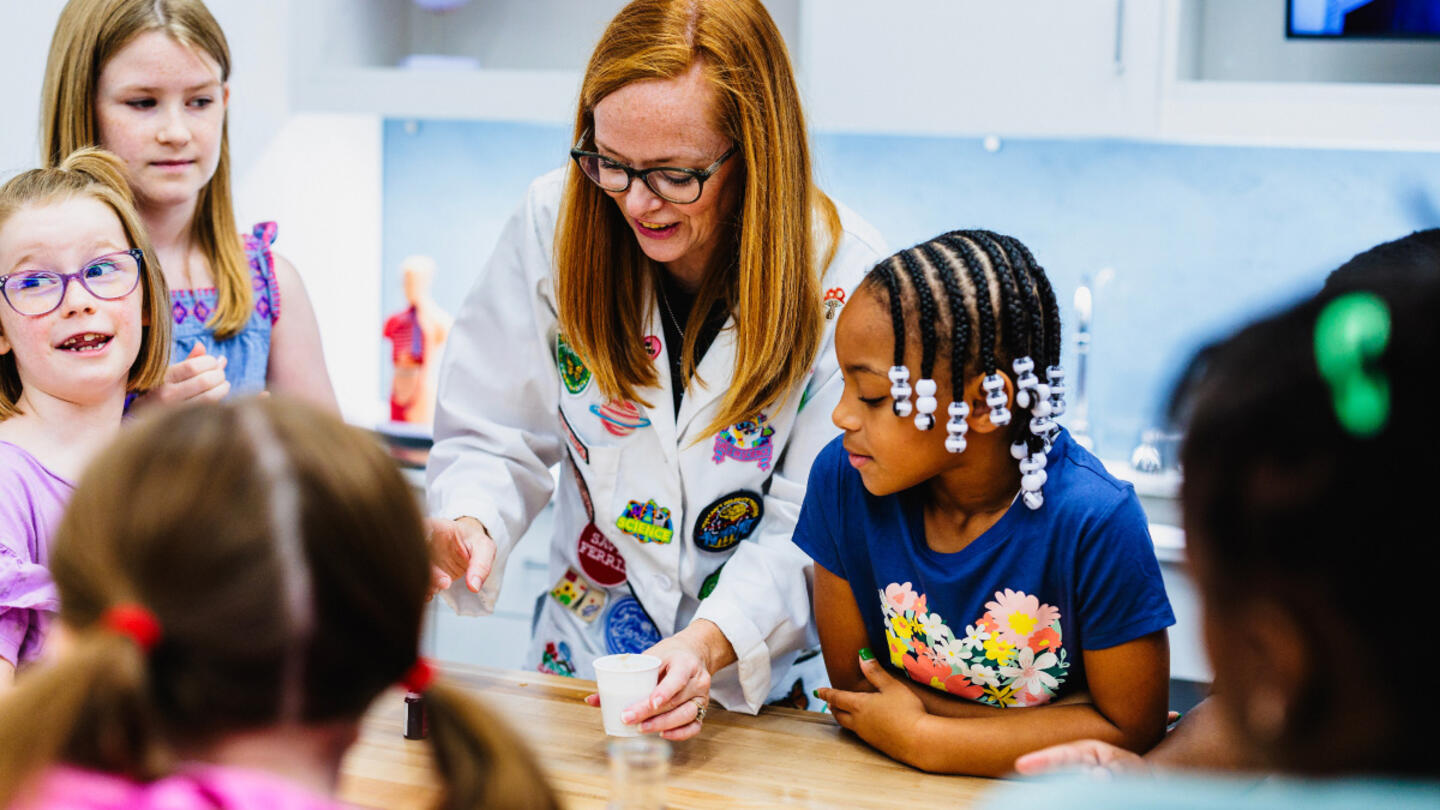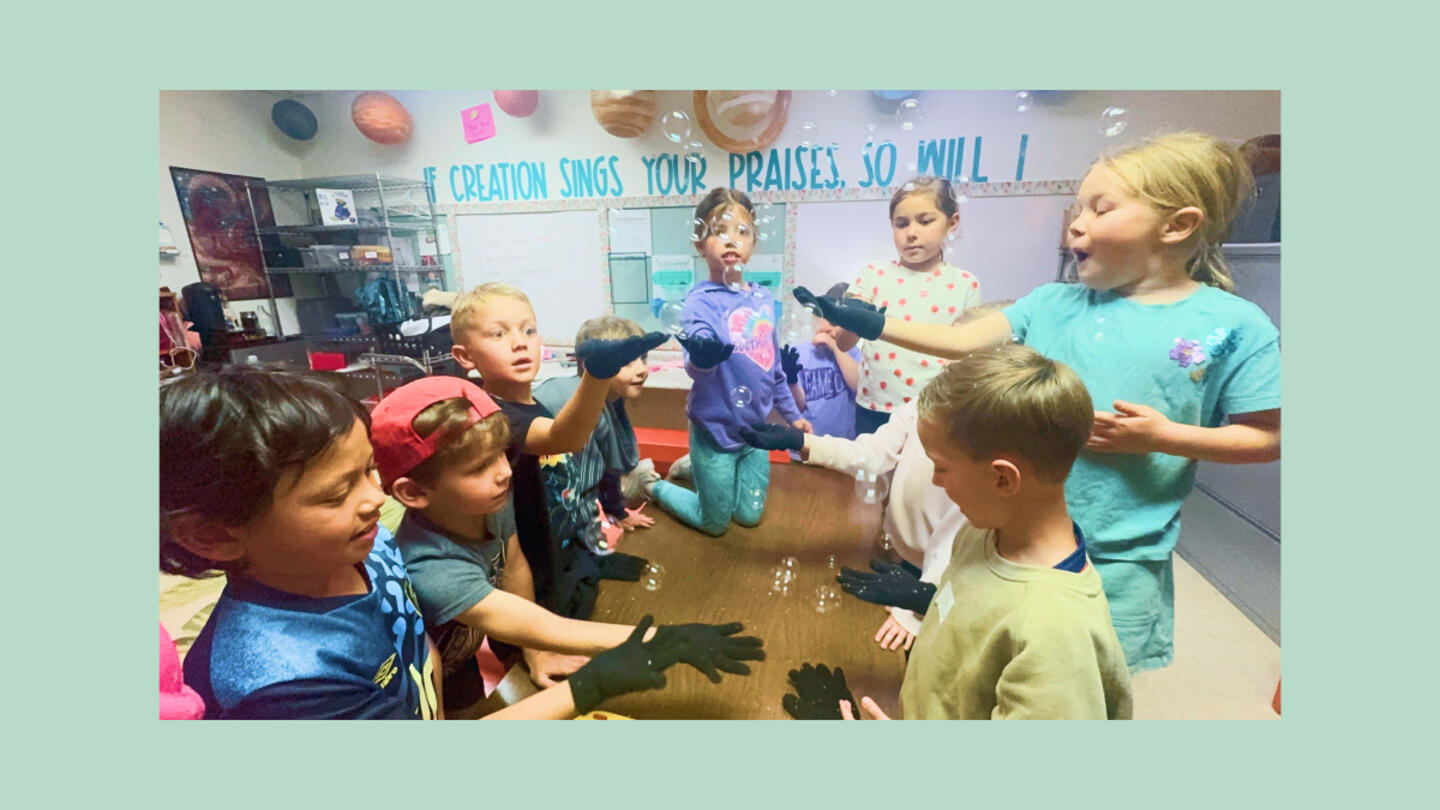Families wanting more flexibility to individualize their children's education notched big wins in 2023.
Arkansas, Florida, Iowa, Ohio, and Utah enacted laws expanding universal or near-universal Education Savings Account (ESA) programs. This tool provides families with funds to cover a range of educational expenses of their choosing.
ESAs are a bridge to "different, not just better" learning environments, offering a pathway to customization that empowers families to make the best choices for their children. Families can use them for everything from therapies and specialized tutors to curriculum and private school tuition. Rather than funding schools, ESAs empower families, allowing children to participate in learning environments tailored to their unique needs.
The expansion of universal ESA programs marks a significant milestone for the education freedom movement. Now, nearly one in five students live in a state with universal or near-universal choice. The total number of states with ESAs now stands at seven, including Arizona and West Virginia. Additional progress for school choice includes South Carolina's introduction of a "generous-means tested ESA," Indiana's expansion of its voucher program to near-universal eligibility, and Oklahoma's enactment of a universal refundable tuition tax credit.
The work doesn't stop here. Now that families are funded directly, strategic support is necessary to ensure the potential of these programs is fully realized.
"Milton Friedman's prediction that educational choice will sweep the nation like wildfire has become a reality in the last three years with the rise of ESAs," says Robert Enlow, president and CEO of EdChoice, a Stand Together Trust partner and a leading advocate for ESAs. "Only two things can douse the fire: not trusting parents and poor-quality implementation of ESA programs."
Implementation is a complex process, explains Nicole Stelle Garnett and Michael Q. McShane in their report "Implementing K–12 Education Savings Accounts" published by The Manhattan Institute, a grantee of Stand Together Trust. Garnett and McShane's report highlights the distinct challenges of implementing ESAs, including ensuring parents are well-informed about their choices and preparing schools and providers to respond to the opportunities and challenges that ESAs bring.
Stand Together Trust partners with leading education organizations nationwide to ensure families understand the alternative learning options, like ESAs, newly available to them.
Elevating education options for families
When the West Virginia ESA program, The Hope Scholarship, was enacted in 2021, the Cardinal Institute, a Stand Together Trust grantee, was one of only a few organizations in the state to market the option to parents.
The Cardinal Institute's multi-channel campaign included search ads through Google and 13 billboards in the nine biggest cities across the state. There were radio and Spotify spots, plus Pinterest, Instagram, and Facebook ads. It's estimated the campaign reached over 400,000 people in the Mountain State.
Marketing is crucial to the success of any new ESA program. Parents, knowing about the availability of taxpayer funding going directly to students, choose different learning options even more efficiently. Had the Cardinal Institute not been ready to step up with its multi-faceted marketing approach, thousands of families might have missed the opportunity to access the best education for their children.
That's why Stand Together Trust is partnering with leading education organizations nationwide to ensure families can easily understand the alternative learning options newly available to them.
The marketing approach of Utah Education Fits All (UEFA), a grantee of Stand Together Trust, is an example of robust outreach. From hosting events in school communities, email, and social media marketing, and setting up booths at fairs and festivals, UFEA is building awareness of the state's new ESA program before applications open in March 2024.
They're also building the infrastructure to support families applying when the ESA program opens -- with features like a call center, training with community leaders on the program's mechanics, and online webinars,to ensure families know how to utilize the program fully. This multi-tiered approach considers that it's a process, not just a one-time decision, to integrate ESA programs into the consciousness of families choosing education options for their children.
State organizations spread the word about ESAs
Many school options can overwhelm some parents in deciding the best options for their kids.
That's why Stand Together Trust grantees are giving parents the information they need to make the best choice for their children. For example, The Institute for Quality Education (IQE) in Indiana. For 20 years, IQE has been the go-to organization that offers free assistance to help parents navigate the best education options for their children.
"IQE takes an everything and the kitchen sink approach to reaching Hoosier families by hosting parent information sessions, sharing information at community events, implementing a robust paid marketing campaign, partnering with schools to host enrollment fairs, and more," explains Betsy Wiley, president and CEO for IQE.
IQE, with support from Stand Together Trust, is expanding its reach now that the voucher program is available to 97% of Hoosier families. In collaboration with the State Treasurer, IQE will be holding 30 Lead The Way Days -- information sessions and enrollment fairs that will take place with an ESA- qualifying school or vendor, targeted to qualifying families in the area. Feedback from parents on how helpful face-to-face support is "fuels our team and our work," Wiley explains.
Providing parents with personal support navigating ESA options is in high demand in Arkansas, too, where the new ESA program is available to 3,000 families at the start of the 2023-2024 school year — and will be universally available at the start of the 2024-2025 school year.
The Reform Alliance, a non-profit and grantee of Stand Together Trust, has a mission to create a network of parent and community leaders who ensure "every policy decision and every conversation about education starts and ends with how it impacts our kids." With outreach coordinators already in place across the state, promotion for the ESA program began swiftly after it was enacted. Through targeted mail campaigns, advertising, events, and a door-to-door outreach initiative, The Reform Alliance aims to reach out to a majority of families across the state, ensuring they are informed and ready to leverage the ESA program.
So far, its efforts have resulted in overwhelming calls and emails from parents seeking help.
"Our phone literally rings non-stop, and we spend hours returning messages and emails from nights and weekends," said Laurie Lee, chairman of The Reform Alliance. "The parents of Arkansas have long awaited the ability to have their children in an educational environment that fits both their students' needs and their family's values."
From correcting misinformation to guiding parents through the application process, the work of The Reform Alliance highlights how it's not just new policies that make individualized education an option for all students — organizations like theirs make access to funding and learning opportunities a reality.
Providing hands-on support for parents
Love Your School (LYS) is another group providing added support and personal touch for parents making educational decisions.
A free parent navigation organization that originated in Arizona, LYS has expanded its work to West Virginia, with support from Stand Together Trust, to support further implementation of the Hope Scholarship. Through personal support via email, phone, or in person, marketing on social media, and a podcast with guests including parents, educators, and state leaders, LYS wants to increase the number of students signing up for the Hope Scholarship.
"Parents are frustrated and feel hopeless," says Jenny Clark, Founder and CEO of Love Your School. "With the introduction of the Hope Scholarship, families now have more options than before. With many families in West Virginia under the poverty line, having access to a state- funded scholarship is seen as a relief and a beacon of light for their child's future."
"What ESA programs offer is a real opportunity to shift from the one-size-fits-all school-based delivery model to a system of ever-expanding set of options that can make educational pluralism a reality," Enlow told Stand Together Trust. " … it is up to us to implement these new ESA programs with excellence."
Learn more about Stand Together's K-12 education reform efforts.



